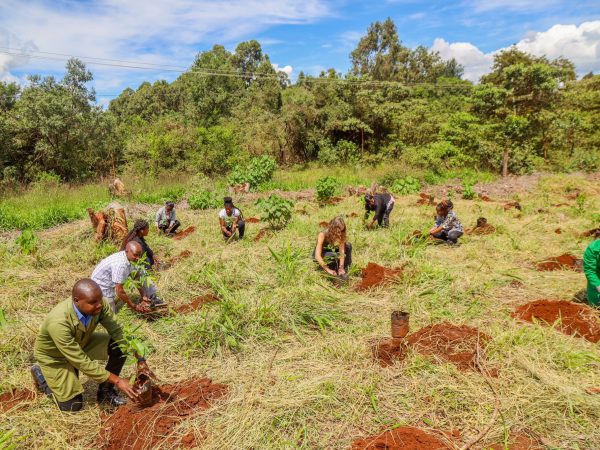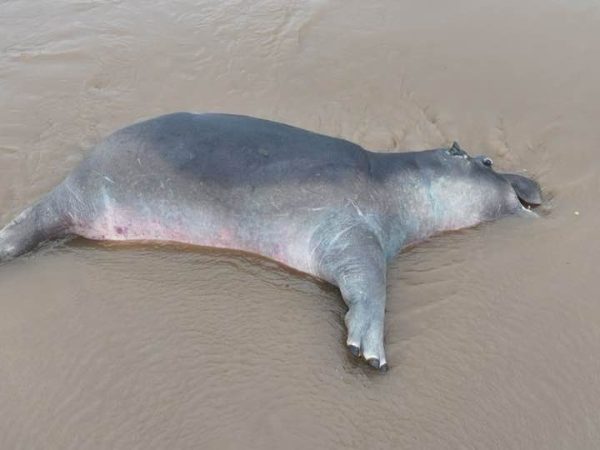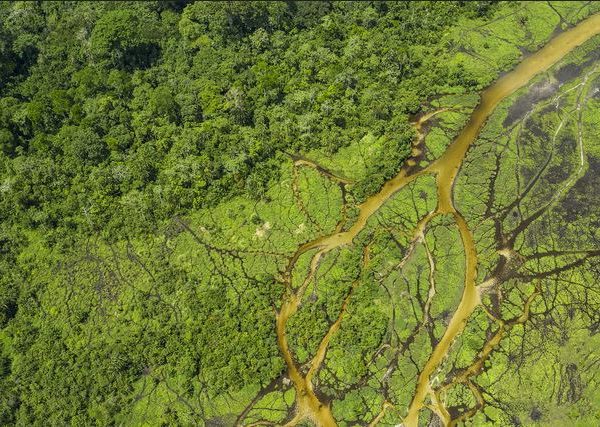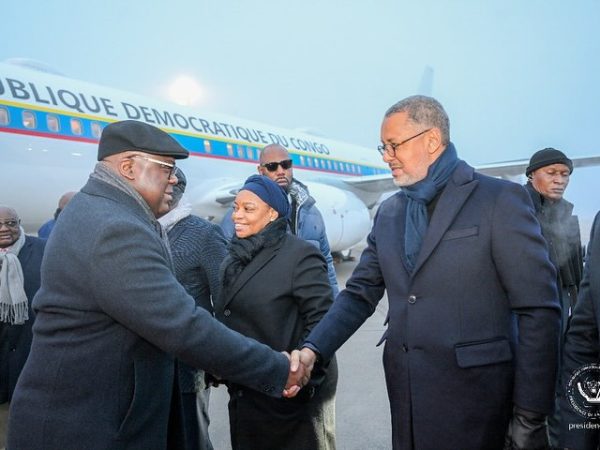RDC : plus de 96 000 arbres replantés pour restaurer la biodiversité du bassin du Congo
Les efforts de reboisement menés dans le cadre du projet ECO RDC Réserve mondiale écologique, exécuté entre mai 2023 et avril 2024, ont permis la production et la mise en






